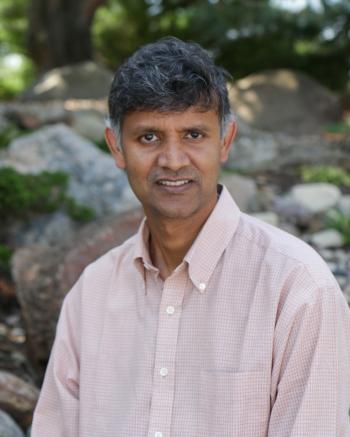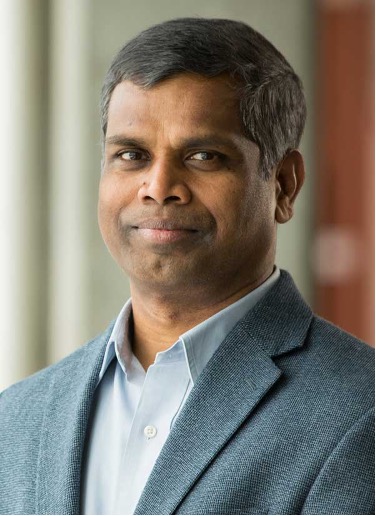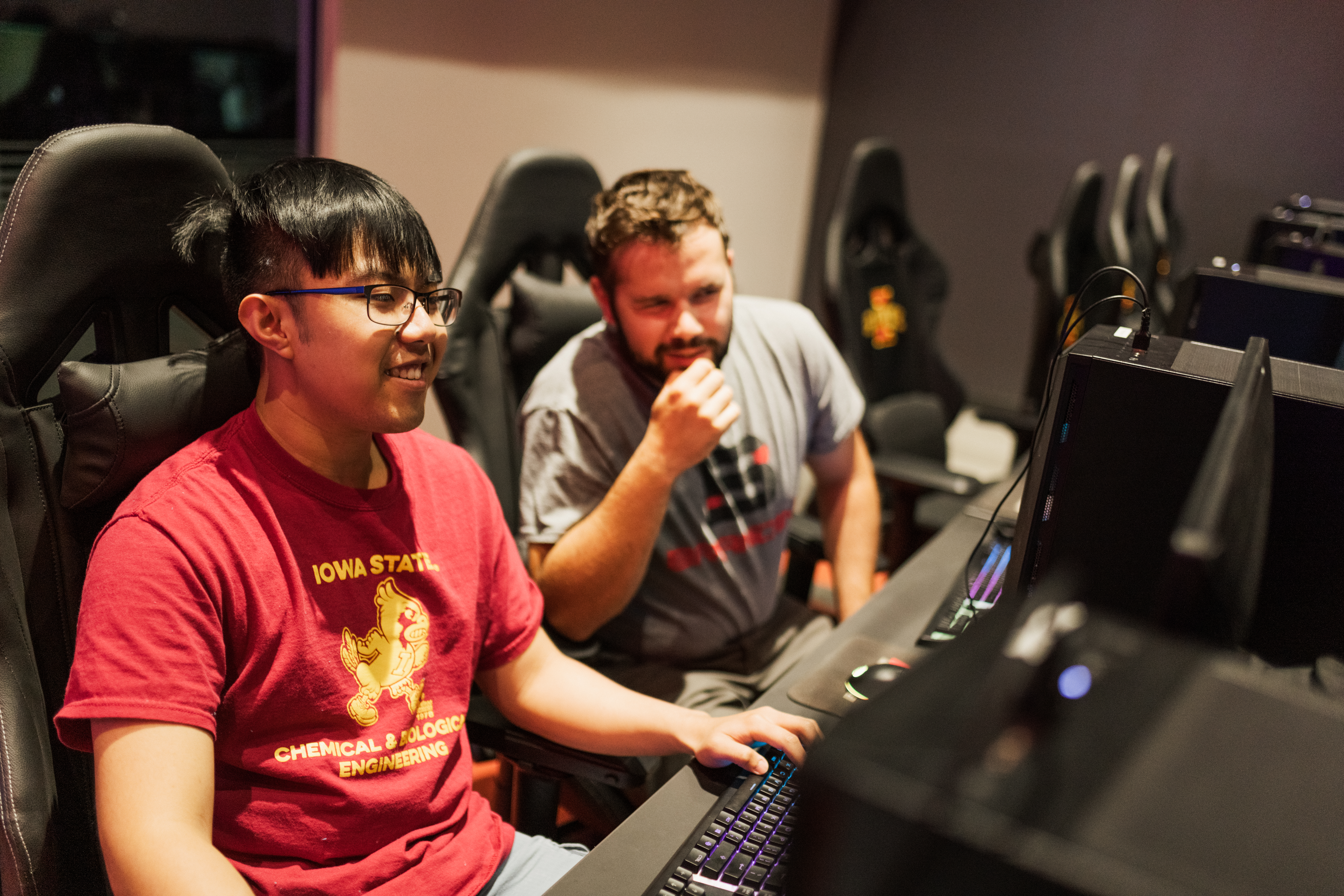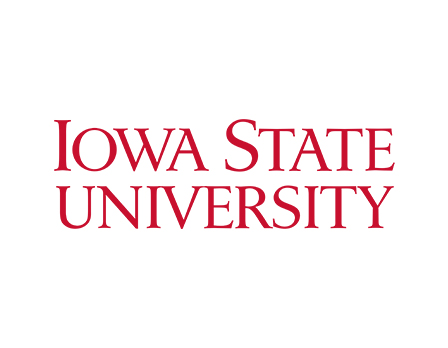Keeping up with emerging technologies, universities worldwide have been contributing to the advancement of AI through new programmes. At Iowa State University, this has taken the form of offerings such as the Master’s in AI. There’s also the new Master of Financial Technology programme that focuses on AI and blockchain technology. Existing programmes such as the Master’s and PhD in Computer Engineering and Cybersecurity Engineering have stayed relevant with the integration of new tech, too.
Investments in research centres are leveraging tech and AI just as much. There’s the Translational AI Centre led by the engineering faculty, the agriculture faculty’s Digital Ag Innovation Lab, and the Centre for Cybersecurity.
Now, meet the intelligent human minds who are spearheading AI research and application at Iowa State University.

Professor Soumik Sarkar is director of Iowa State University’s Translational AI Centre (TrAC) as well as associate director of the AI Institute for Resilient Agriculture. Source: Iowa State University website
Translating research into real results
Established in 2022, the Translational AI Centre (TrAC) has been the centre of AI research at the university. It aims to get AI research applied, commercialised and translated into practice. Leading the way is Soumik Sarkar, Professor of Mechanical Engineering and the centre’s director.
TrAC is primarily charged to do three things. First, AI plus X research, which involves core AI research as well as AI research in different sectors, from agriculture and manufacturing to transportation and healthcare. The second category is AI plus X training. Throughout the year, Iowa State has run a lot of tutorials, workshops, research seminars, bootcamps, and micro credentials, and through TrAC, training in and via AI is fully coming into play. Finally, there’s AI plus X workforce, whereby the centre trains undergraduate and graduate students within Iowa State who are going out to different companies or starting their own businesses that have AI as a core element.
“We also want to help the Midwest get ready for an AI future — upskilling and reskilling the workforce, and general awareness,” Professor Sarkar says.
Beyond the meaningful work that TrAC is doing, it also marks the efforts of Iowa State to be at the forefront of innovation and inspiring change, not merely staying relevant with it.

Pavan Aduri is also the Chair of the Graduate Admissions & Recruitment Committee in the Department of Computer Science. Source: Iowa State University website
From programming to leading graduate programmes
Scroll through Pavan Aduri’s bibliography and you’ll instantly know that the Professor of Computer Science is a prolific researcher. His research has a strong focus on computational complexity, data streams, submodular optimisation, probabilistic inference, and pseudodeterminism — the very groundwork needed in various emerging technologies such as AI and machine learning.
Informed by his role as the Chair of the Graduate Admissions & Recruitment Committee in the department, Professor Aduri’s research provides great opportunities for graduates of Iowa State to gain invaluable knowledge and enter rapidly changing fields. The graduate programmes that he led in the past year are not just great stepping stones for students but also contribute to work that truly makes an impact in their field.

Professor Kevin Scheibe is the Union Pacific Professor for Information Systems and Business Analytics and Chair of the Department of Information Systems and Business Analytics. Source: Iowa State University website
Bringing new research into the classrooms
Over at Iowa State University’s Ivy College of Business, researchers such as Kevin Scheibe, Department Chair and Professor of Information Systems and Business Analytics, have been continually contributing to their fields of study with new research.
Scheibe’s research interests include business analytics, IT privacy and security, supply chain risk, spatial decision support systems, wireless telecommunications, and IT outsourcing. His research informs his teaching at both graduate and undergraduate levels, which often deals with machine learning and business analytics, computer-based decision support systems, and management information systems. That means students in the classroom get information straight from the frontiers of knowledge and research, helping them stay ready for the future.

Manimaran Govindarasu is an Anson Marston Distinguished Professor in Engineering, as well as a Murray J. and Ruth M. Harpole Professor in Electrical and Computer Engineering. Source: Iowa State University website
Developing secure and future-proof futures
As technology continues to evolve and reshape the way we live, study, and work, our reliance on digital platforms grows deeper by the day. Even our world’s infrastructure is now based on so many innovative smart systems. All this makes life more convenient, while providing ample opportunities. However, the increasing digitalisation also exposes us to a rising tide of cyber threats. That’s why cybersecurity has become more important than ever.
For Manimaran Govindarasu, Distinguished Professor of Electrical and Computer Engineering at Iowa State University, thinking about cybersecurity is second nature. His core areas of research are in cybersecurity for smart grids and critical infrastructures, as well as real-time systems and networks. These are areas where new technology, such as machine learning and federated learning, is deeply required. Through his work, more students, professors, and researchers throughout the industry can now more safely innovate.













